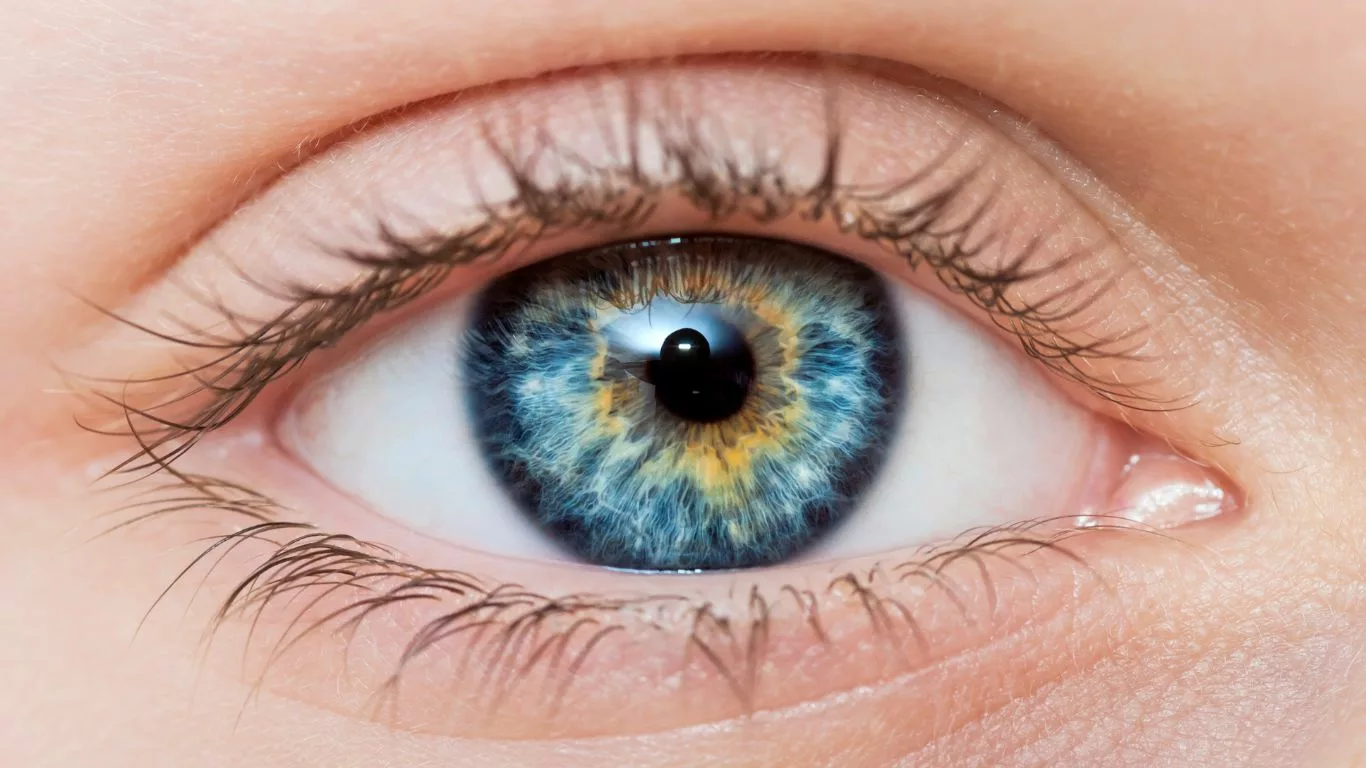Eye Floaters Laser Treatment: A Clear Solution
Discover the effectiveness of laser treatment for eye floaters. Learn about benefits, risks, and what to expect during the procedure in our comprehensive guide.
Eye floaters, those tiny specks or cobweb-like shapes that drift across your vision, can be bothersome and affect visual clarity. While typically harmless, severe cases may impair daily activities. Traditional management includes monitoring or vitrectomy, but laser treatment has emerged as a promising option. This article explores the intricacies of laser treatment for eye floaters, shedding light on its efficacy, safety, and considerations for prospective patients.

Understanding Laser Treatment for Eye Floaters
Laser treatment for eye floaters is a specialized procedure designed to alleviate the visual disturbance caused by these tiny particles within the vitreous humor, the gel-like substance that fills the eye. Floaters are typically caused by age-related changes in the vitreous, resulting in clumps or strands that cast shadows on the retina, leading to blurred vision or spots in the visual field.
How Does Laser Treatment Work?
During laser treatment, an ophthalmologist uses a precise laser beam to target and break apart the floater. This focused energy either vaporizes the floater or breaks it into smaller fragments that are easier for the eye to reabsorb. The procedure is performed with utmost precision to minimize any impact on the delicate structures of the eye, particularly the retina.
Benefits of Laser Treatment
- Minimally Invasive: Unlike traditional surgical methods, laser treatment for eye floaters is minimally invasive and is often conducted on an outpatient basis. This reduces the need for hospitalization and promotes quicker recovery times for patients.
- Preservation of Eye Structure: Laser treatment specifically targets the floater without affecting the surrounding retinal tissue. This targeted approach helps in minimizing the risks associated with more invasive procedures, such as retinal detachment.
- Enhanced Visual Clarity: Many patients experience improved visual clarity following laser treatment. By reducing or eliminating floaters that obstruct vision, patients often report a noticeable enhancement in their overall quality of vision.

Considerations Before Undergoing Laser Treatment
While laser treatment for eye floaters offers significant benefits, prospective patients should thoroughly evaluate several key considerations to make informed decisions:
Candidacy Assessment
Determining candidacy for laser treatment involves a comprehensive assessment by an experienced ophthalmologist. Not all types of eye floaters are suitable candidates for this procedure. Factors such as the location, size, and nature of the floater play crucial roles in determining whether laser treatment is appropriate. Floaters located closer to the retina or those associated with retinal detachment risk may require alternative treatment approaches.
Risks and Potential Side Effects
As with any medical procedure, laser treatment for eye floaters carries inherent risks and potential side effects that patients should be aware of:
- Temporary Increase in Floaters: Immediately following the procedure, some patients may experience a temporary increase in floaters. This is a normal response as the treated floater breaks down into smaller fragments before being reabsorbed by the eye.
- Light Sensitivity: Sensitivity to light, particularly during the initial recovery period, is common but usually resolves within a few days.
- Risk of Retinal Damage: While rare, there is a small risk of inducing damage to the retina if the laser is not precisely controlled during the procedure. This underscores the importance of choosing an experienced ophthalmologist skilled in performing laser treatments for eye floaters.
Discussing these potential risks and side effects in detail with your eye care provider is essential to fully understand what to expect before, during, and after the procedure.

Post-Treatment Care and Follow-Up
After undergoing laser treatment for eye floaters, patients may experience mild discomfort or irritation, which typically subsides within a few days. It is crucial to follow post-treatment care instructions provided by your ophthalmologist, which may include:
- Use of Eye Drops: Prescribed eye drops to prevent infection and reduce inflammation.
- Avoidance of Strenuous Activities: Temporary restrictions on activities such as heavy lifting or strenuous exercise to facilitate healing.
- Scheduled Follow-Up Appointments: Regular follow-up visits allow your ophthalmologist to monitor your progress, evaluate the effectiveness of the treatment, and address any concerns or new symptoms that may arise.
These follow-up appointments are critical in ensuring optimal recovery and identifying any potential complications early on. Patients should adhere to the recommended follow-up schedule as outlined by their eye care provider.
Conclusion
Laser treatment for eye floaters presents a viable option for individuals seeking clearer vision and improved quality of life. By understanding its mechanism, benefits, and considerations, patients can make informed decisions alongside their ophthalmologist. While effective for many, it’s important to weigh the potential risks and benefits specific to your condition. Consultation with a qualified eye care specialist is essential to determine if laser treatment is the right path toward managing your eye floaters.
Appendices
References
For further reading on laser treatment for eye floaters, consider these resources:
- Spaide, R. F. (2015). Laser Vitreolysis for Floaters. Retina Today, 10(7), 26-28. Read Article
- Wagle, A. M., Lim, W. Y., & Yap, T. P. (2015). Laser Treatment of Vitreous Floaters. Asia-Pacific Journal of Ophthalmology, 4(4), 221-224. Read Article
- Gonzalez, M. A., Flynn Jr, H. W., Smiddy, W. E., & Albini, T. A. (2017). Laser Treatment of Vitreous Floaters. Ophthalmic Surgery, Lasers & Imaging Retina, 48(8), 632-637. Read Article
FAQs
Here are some frequently asked questions about laser treatment for eye floaters:
- Is laser treatment safe for all types of eye floaters? Laser treatment is typically suitable for floaters away from the retina. Complex or near-retinal floaters may require alternative approaches.
- What are the potential side effects of laser treatment? Side effects may include temporary increase in floaters, light sensitivity, or very rarely, damage to the retina.
- How long does it take to recover from laser treatment? Recovery is generally quick, with most patients experiencing improved vision within days. Follow-up appointments ensure proper healing.
Related Table
Here’s a summary table on laser treatment for eye floaters:
| Aspect | Information |
|---|---|
| Candidacy | Assessed by an ophthalmologist based on floater type and location |
| Benefits | Improves visual clarity, minimally invasive, preserves eye structure |
| Risks | Potential for temporary increase in floaters, light sensitivity, retinal damage if improperly performed |
Disclaimer: This article provides educational information on laser treatment for eye floaters and should not substitute professional medical advice. Always consult a qualified ophthalmologist for personalized guidance regarding your eye health.

Camellia Wulansari is a dedicated Medical Assistant at a local clinic and a passionate health writer at Healthusias.com. With years of hands-on experience in patient care and a deep interest in preventive medicine, she bridges the gap between clinical knowledge and accessible health information. Camellia specializes in writing about digestive health, chronic conditions like GERD and hypertension, respiratory issues, and autoimmune diseases, aiming to empower readers with practical, easy-to-understand insights. When she’s not assisting patients or writing, you’ll find her enjoying quiet mornings with coffee and a medical journal in hand—or jamming to her favorite metal band, Lamb of God.







